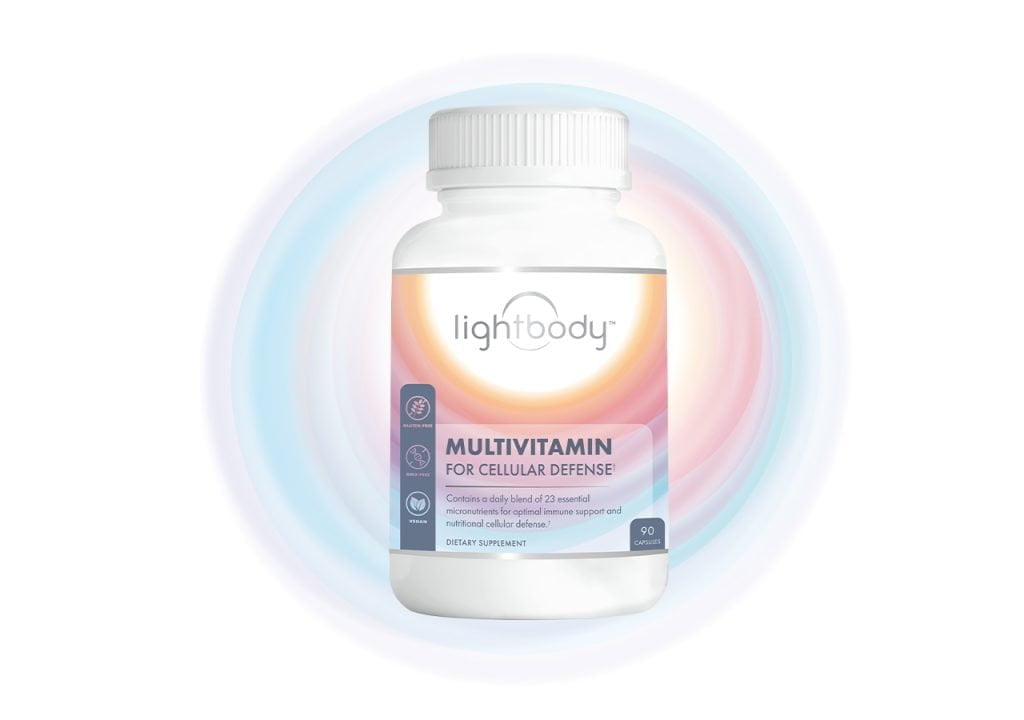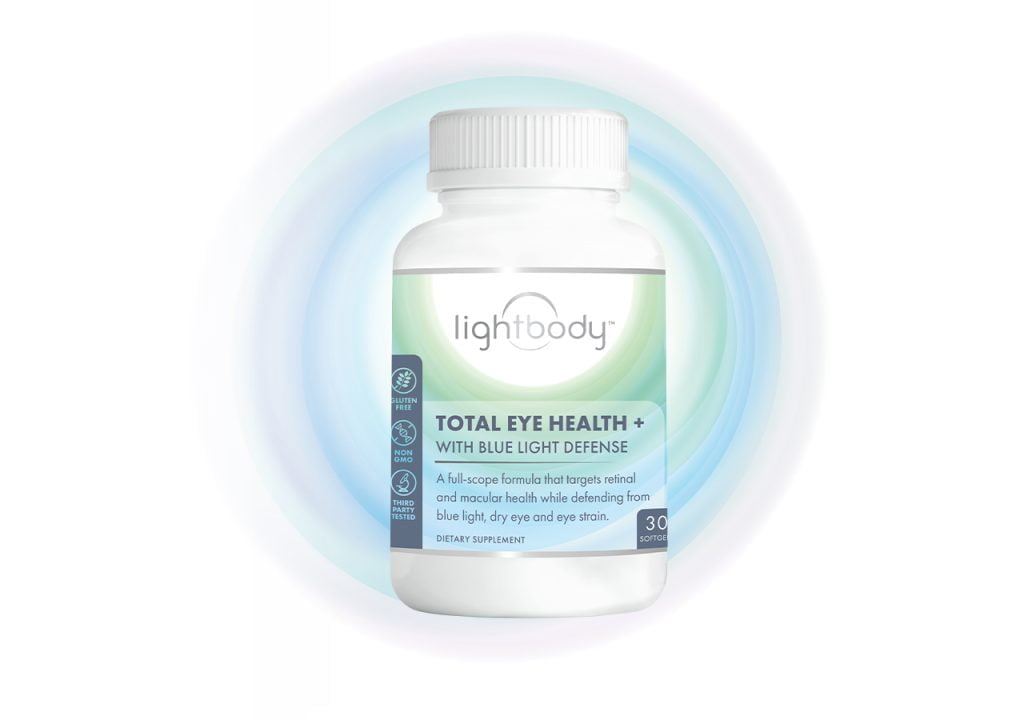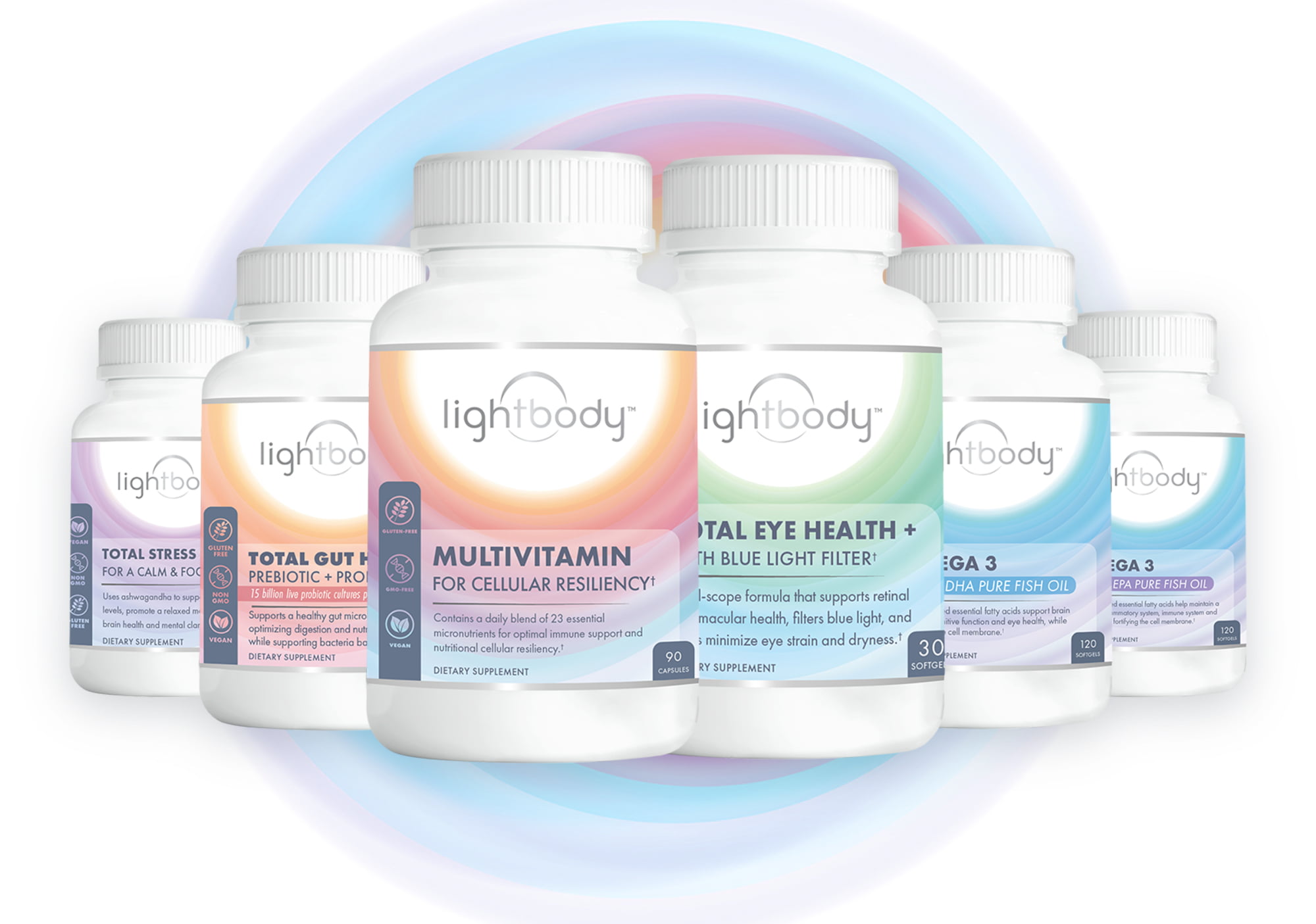Nutrition is the first step to living a healthy life. It is important you consume enough of the necessary vitamins and minerals because they are essential for growth, disease prevention, and overall good health.
However, many people are deficient in their nutrients. While the U.S. Department of Agriculture releases dietary guidelines every 5 years to help inform Americans on good dietary practices, the majority of Americans do not adhere to these standards, leading to insufficient nutrients and health problems as a consequence.
What are nutritional deficiencies? Nutritional deficiencies refer to insufficient levels of essential vitamins, minerals, and other nutrients in the body, leading to adverse health effects and potential imbalances in physiological functions.
Fortunately, there are ways to combat the harmful effects of a lack of nutrients, the first of which is to improve your knowledge on the topic. Read on to learn about some of the common nutrient deficiencies in America.
In this article, you’ll learn:
- Vitamin D deficiency
- Calcium deficiency
- Vitamin C deficiency
- Vitamin E deficiency
- Magnesium deficiency
- Tests for Micronutrient Deficiencies
- Signs and Symptoms of Nutritional Deficiencies
- The State of American Health
- Conclusion
- FAQs: Frequently Asked Questions
Vitamin D deficiency
According to the 2005–2016 National Health and Nutrition Examination Surveys (NHANES), an astounding 95% of the U.S. population had a deficiency in vitamin D. The CDC has highlighted vitamin D as a “shortfall nutrient.”
There are many reasons you can be deficient in vitamin D, including a lack of vitamin D in your diet, a malabsorption problem, not enough exposure to sunlight, problems with your liver and kidney converting vitamin D, and medicine interfering with your body’s natural vitamin D process.
Spending 10 to 30 mins in midday sun a day several times a week is typically enough to generate sufficient levels of vitamin D. As you move away from the Equator, the amount of vitamin D-producing light reaching the Earth’s surface decreases, specifically during the winter season.
If you have a vitamin D deficiency, you may suffer from heart disease and high blood pressure, diabetes, infections and immune system disorders, and some types of cancer. Children may be at risk for developing rickets, the softening and weakening of the bones, which can lead to skeletal deformities. A lack of vitamin D in men and women over 50 puts them at a higher risk of falls.
Calcium deficiency
Another micronutrient important for bone and teeth health is calcium—a whopping 99% of calcium in the body is stored in your bones and teeth. When calcium levels are low, your body begins to seek out the necessary mineral from storage in your bones and teeth, weakening them. Problems due to a calcium deficiency can manifest long term, leaving you more susceptible to bone fractures, teeth loss, and osteoporosis.
When people think about calcium, the dairy food group typically comes to mind. But, there are plenty of other sources including fruits, leafy greens, beans, and nuts. Supplements are also another source of calcium.
The bioavailability of calcium in food is often low compared to other micronutrients. For example, the calcium in dairy foods absorbs at a rate of 30%, meaning if a supplement has 100 mg of calcium, only 30 mg will be absorbed into the blood stream. (Check out this blog to learn what is bioavailability). Researching and understanding the bioavailability of nutrients in different foods is important in ensuring your body is absorbing enough and you are meeting your nutritional needs.
Vitamin C deficiency
Almost 50% of Americans are deficient in vitamin C. Vitamin C is an important vitamin for immune function, controlling infections, and healing wounds. It is also a powerful antioxidant that helps fight against free radicals, which is extra important in the modern digital world. Antioxidants are our cellular defenders.
Insufficient vitamin C can lead to scurvy, a disease that ran rampant among pirates hundreds of years ago when they did not have access to fruit while they were sailing the high seas. Modern American scurvy still exists. Because vitamin C affects collagen production, a deficiency can manifest in the form of skin spots, swelling of gums, hair loss, and slow-healing wounds.
Smokers need to be extra aware of their vitamin C levels. Smoking causes damages to the blood cells, causing the body to use up vitamin C faster than non-smokers. For this reasons, if you are a smoker (of any kind) you should consider a vitamin C supplement.
Vitamin E deficiency
The NHANES found that 84% of adults in America had deficiency in vitamin E. Insufficient vitamin E tends to occur in people with underlying health conditions. This is cause for concern because almost half of Americans are afflicted with at least one chronic disease, and that number continues to grow.
A deficiency in vitamin E is frequently linked to diseases that affect fat digestion and absorption—for example, Crohn’s disease and cystic fibrosis. Across a long period of time, vitamin E deficiency can lead to severe neurological issues. Signs of a lack of vitamin E include retina damage which impairs vision, weakness or pain in your extremities, loss of body control, and decreased immune function.
Another antioxidant, vitamin E also fights against free radicals, while helping with immune function and prevents blood clots in the heart. To help prevent a deficiency, good sources of vitamin E include plant oils, nuts and seeds, and wheatgerm, which is in cereals.
Magnesium deficiency
A 2018 study from the American Osteopathic Association found that half of Americans are magnesium deficient.
The standard diet of an American only contains half of the recommended amount of magnesium. Industrialized farming is depleting minerals from the soil—as a result, magnesium levels are paying the consequences. More natural food is having fewer minerals because of the commercialization of farming.
Over time, magnesium deficiency can cause weakened bones, severe headaches, and heart problems.
Other symptoms include fatigue, muscle spasms, weakness or stiffness, loss of appetite, and nausea. Unfortunately, these symptoms are associated with a wide range of other health issues, so a magnesium deficiency may be a complicated diagnoses to reach. A majority of magnesium deficiencies go undiagnosed.
Tests for Micronutrient Deficiencies

Testing for nutritional deficiencies is crucial for maintaining optimal health, as deficiencies can lead to a range of health issues.
To identify potential nutritional gaps, individuals can undergo various tests that assess specific nutrient levels in the body. Blood tests can reveal deficiencies, as they are commonly employed to measure key nutrients. Additionally, comprehensive metabolic panels may be useful to evaluate overall nutritional status by examining levels of essential minerals like calcium and magnesium.
Regular screening of nutritional levels and the evaluation of nutrient intake are proactive steps toward preventing health issues associated with inadequate nutrient intake, contributing to a foundation of well-being for individuals in America. Nutritional requirements vary from person to person, so it is advisable to consult with a healthcare professional to ensure accurate interpretation and appropriate follow-up actions.
Signs and Symptoms of Nutritional Deficiencies
Nutrient inadequacies can manifest through a range of signs and symptoms, offering important cues about potential imbalances in essential nutrients.
Fatigue and weakness are common indicators across various deficiencies, with iron, vitamin D, and B vitamins playing pivotal roles in energy metabolism. Vitamin A deficiency can cause skin issues such as dryness, flakiness, or rashes, while brittle hair and nails may point to insufficient biotin and other minerals. Anemia, characterized by pale skin and shortness of breath, is often associated with iron, vitamin B12, and folate deficiencies. Additionally, cognitive symptoms like difficulty concentrating or memory lapses can be linked to inadequate intake of nutrients like omega-3 fatty acids and certain vitamins.
Recognizing these signs is crucial for proactive dietary adjustments and, if necessary, seeking guidance from healthcare professionals to address and rectify nutritional deficiencies for overall well-being.
The State of American Health
The CDC’s most recent guidelines, for the years 2020-2025, continue to emphasize Americans under consuming necessary nutrients. Deficiency disease, a.k.a. micronutrient disease, can have significant implications on your long-term health, increasing your risk for chronic diseases, such as cancer, cardiovascular disease, type 2 diabetes, and eye disease.
Certain subcategories of people are more at an increased risk of deficiency, including women, infants and children, older people, vegans and vegetarians, and low-income groups. Socio-economic status can affect access to nutrients—typically, high-calorie, nutrient-poor food are generally less expensive than nutrient rich food (look at McDonald’s, for example).
And this leads us to where American health stands now. The problem is Americans are eating energy-rich, nutrient-poor foods (think processed and pre-packaged) leading to significant nutritional deficiencies. People are exceeding their caloric needs, but not meeting their nutrient needs.
In fall 2021, U.S. Senators approached Congress with a bill to convene a White House Conference on Food, Nutrition, Hunger and Health. Jump to 2022, the conference was allocated $2.5 million USD to work towards ending hunger and combatting nutrition insecurity in America. The group will be addressing the problems of the public health crisis caused by American’s obesity epidemic and poor nutrition, working towards developing feasible solutions.
Building on the momentum started at the White House Conference, in March 2023, President Biden extended his call to action by inaugurating the White House Challenge to End Hunger and Build Healthy Communities.
Conclusion
While the nutritional problems are trying to be addressed on a big picture scale, there are ways to make sure you have a healthy and balanced diet. It is essential to have a diet robust in fruits, vegetables, and proteins to achieve the complete range of micronutrients that is rich in vitamins.
As you know why is nutrition important, consult your doctor if you have any concerns regarding your diet. Many people may not know they have a nutrient deficit because while there may be symptoms of a nutrient deficiency (such as hair loss and joint pain), blood work is often the only way to confirm deficiencies. Supplements can be the solution to fill the nutritional gaps in your diet.
FAQs: Frequently Asked Questions
Hair loss can be linked to iron deficiency, a crucial nutrient for hair follicle function. Additionally, deficiencies in zinc, vitamin D, and B vitamins can also contribute to hair thinning and increased shedding.
Fatigue, muscle weakness, and persistent tingling or numbness are common signs of nutritional deficiency. Additionally, symptoms such as brittle nails, hair loss, and unexplained weight changes can also indicate a lack of essential nutrients.
To test levels of nutritional biomarkers, consider consulting with a healthcare professional who can recommend blood tests to assess specific nutrient levels. Additionally, paying attention to physical symptoms may offer clues which you can inform your healthcare professional in their course of treatment.
A deficiency in vitamins can lead to a range of health issues, including fatigue, weakened immune function, and potential risks to bone health. Specific deficiencies may also result in symptoms such as anemia, neurological problems, or impaired skin and tissue repair.









